Your cart is currently empty!
Tag: NaturalFertilizers
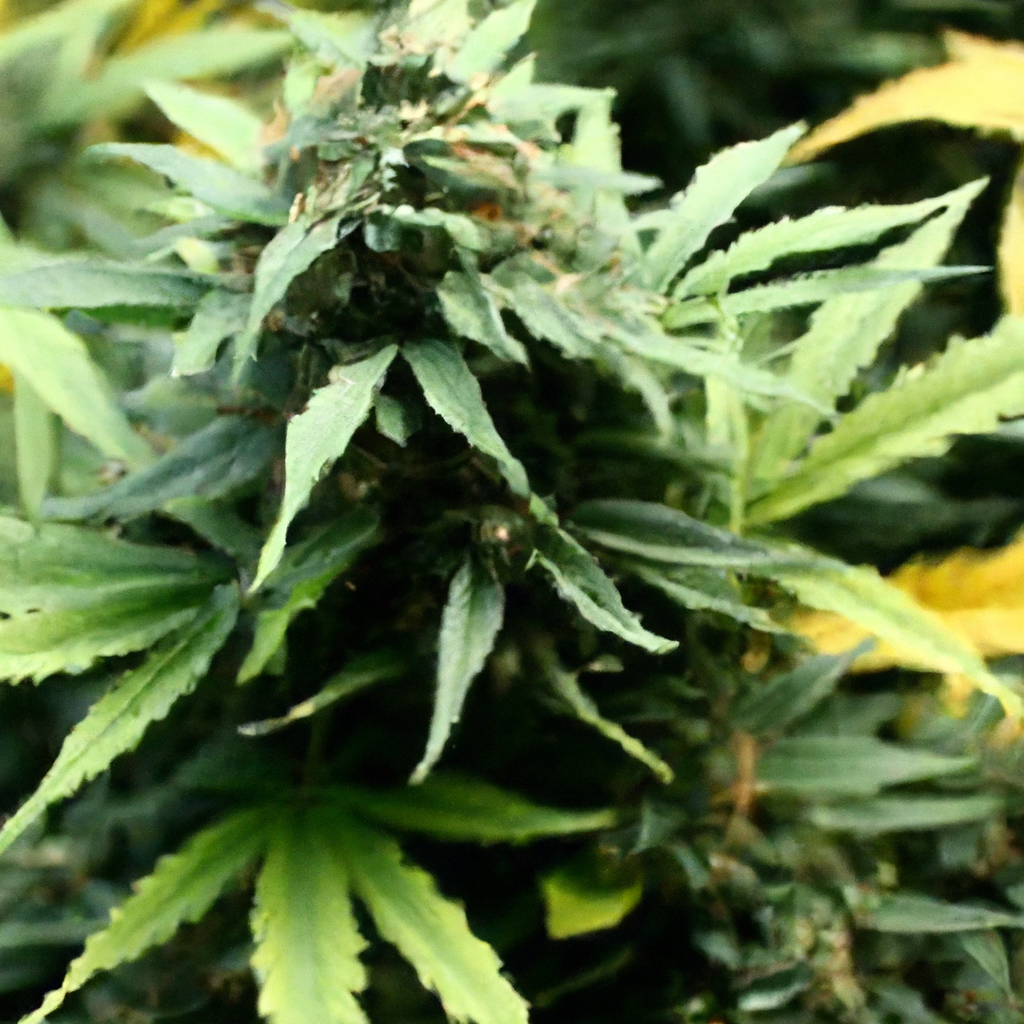
As the demand for eco-friendly cultivation rises, organic cannabis production is growing in popularity, supporting environmental health and yielding superior products. Key practices include enhancing soil ecosystems through compost, crop rotation, and mulching, while avoiding synthetic chemicals by using natural fertilizers and organic pest management. Promoting sustainability through water efficiency, energy conservation, and carbon sequestration…
This guide delves into the sustainable world of organic cannabis cultivation, highlighting the benefits for the environment and consumers. It emphasizes building healthy soil ecosystems using compost and beneficial microbes, maintaining pH balance, and opting for natural fertilizers like bone, blood, and kelp meals instead of synthetic options. Organic pest control strategies include using neem…
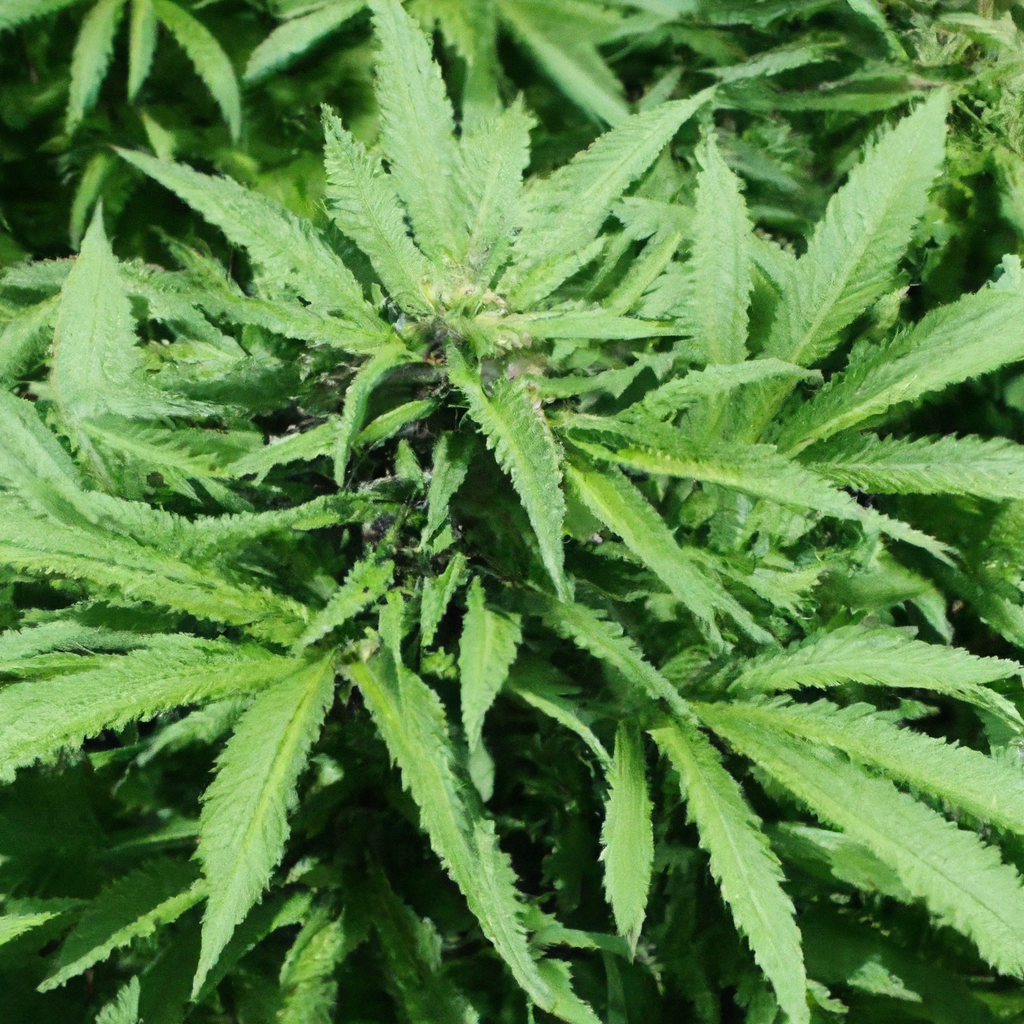
As cannabis cultivation progresses, there’s a rising focus on sustainability and environmental awareness. This article explores essential strategies for excelling in organic cannabis cultivation, highlighting the use of natural fertilizers, composting, and innovative pest control methods. Organic growing promotes plant health, soil fertility, and environmentally friendly practices. Key elements include using natural fertilizers like compost,…
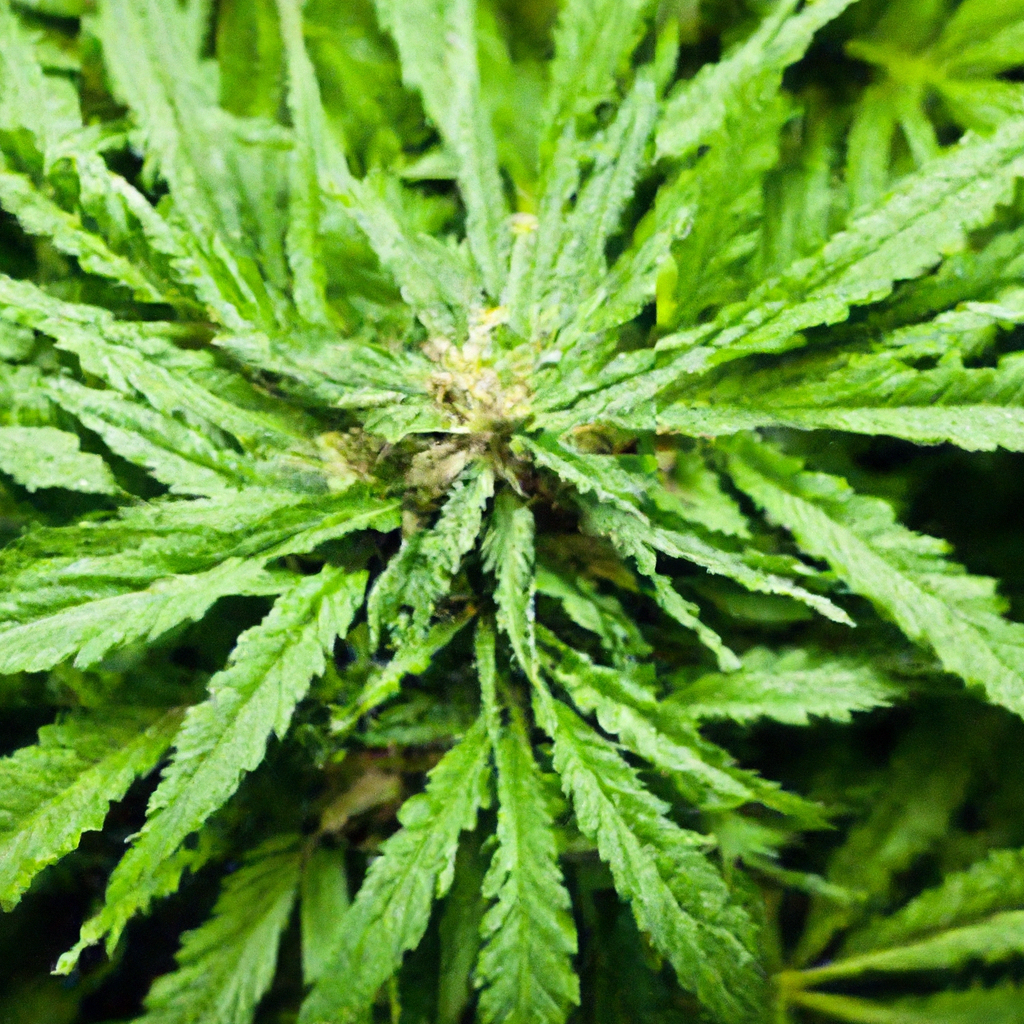
The rise of organic cannabis cultivation reflects a growing desire for eco-friendly and health-conscious agricultural methods. This guide explores best practices for mastering organic cannabis cultivation, focusing on natural inputs and processes. By using organic fertilizers, compost, and innovative pest management, growers can produce high-quality cannabis while maintaining environmental harmony. Benefits include healthier ecosystems, reduced…
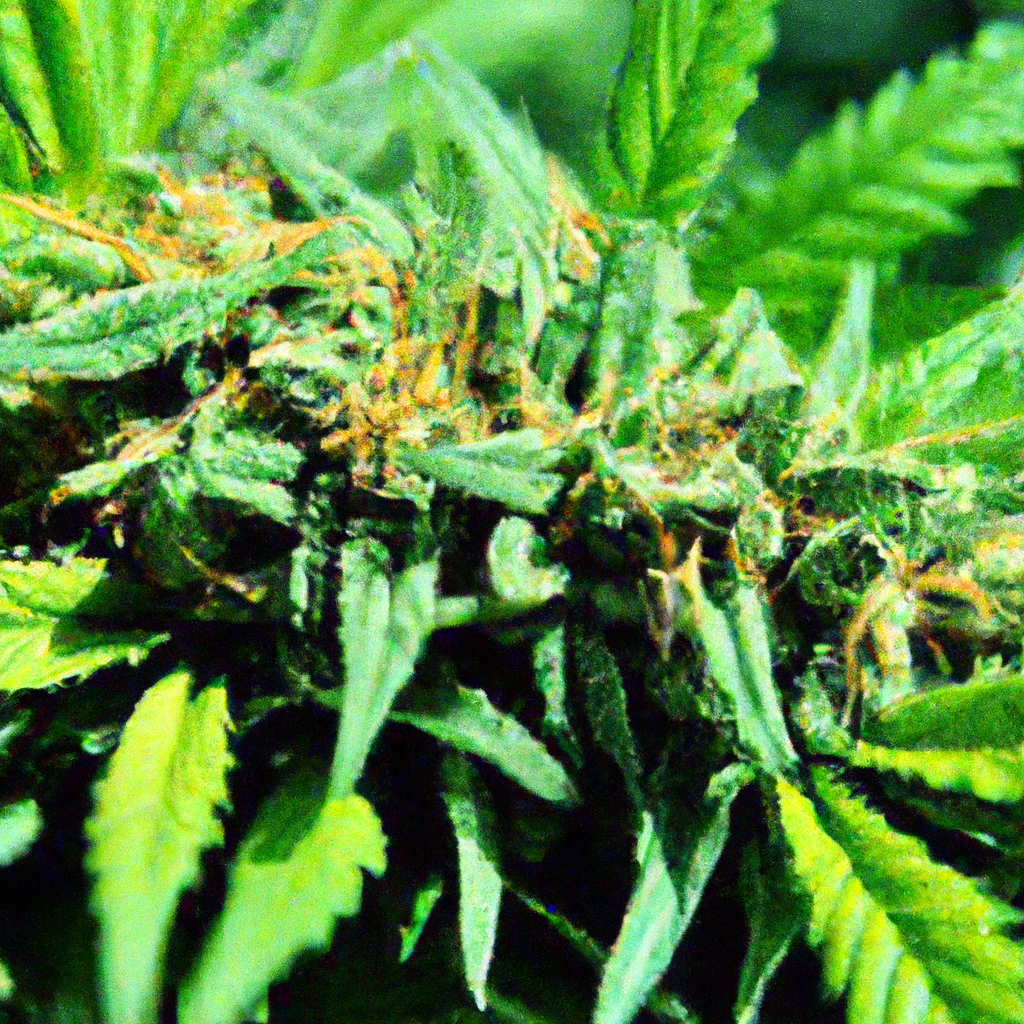
As consumer demand for eco-friendly products rises, organic cannabis cultivation stands out as both sustainable and profitable. This approach emphasizes natural fertilizers, composting, and effective pest control, fostering a thriving ecosystem beneficial to both the environment and consumers. Key practices include enhancing soil health through composting and natural fertilizers, utilizing natural pest control with beneficial…
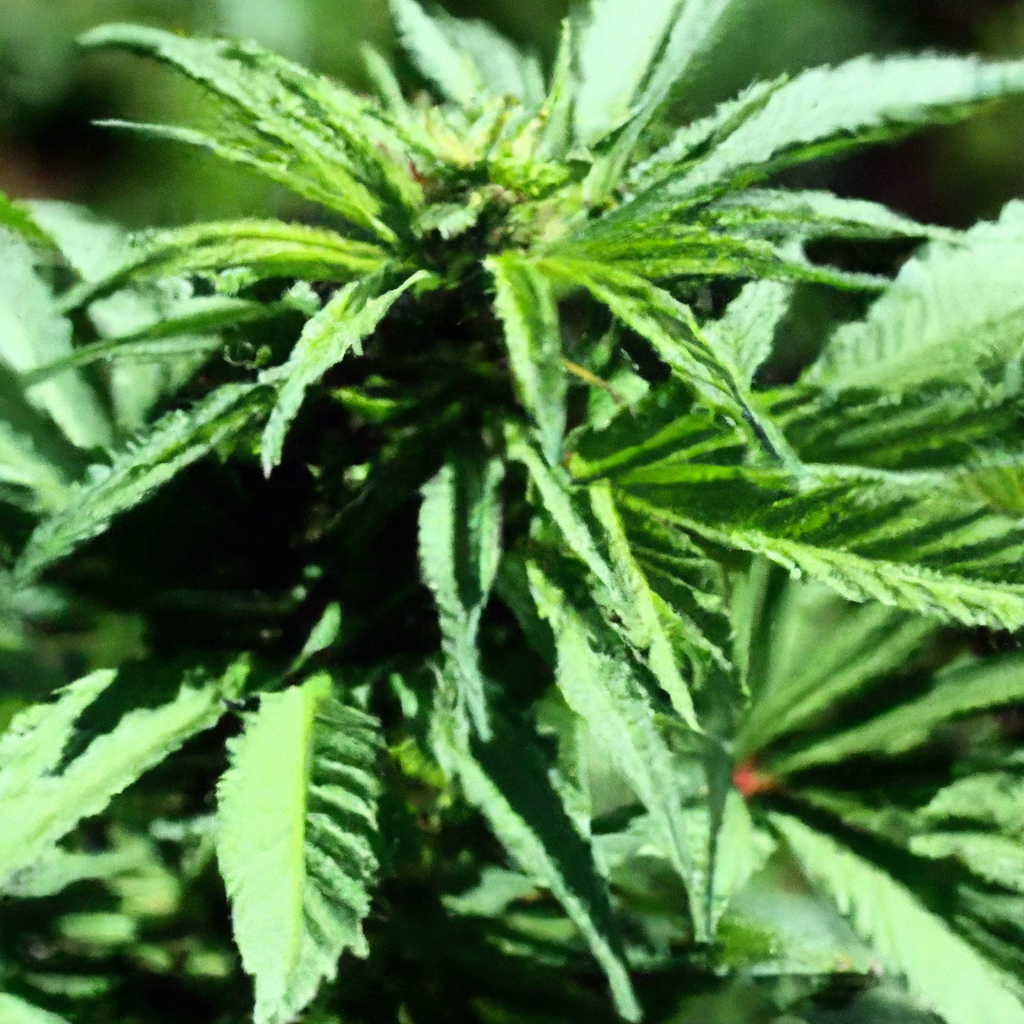
With a growing focus on sustainability and health, organic cannabis cultivation uses natural methods like compost, worm castings, and companion planting to enrich soil and control pests without chemicals. This approach enhances environmental health, improves plant quality, and meets consumer demand for ethically produced, chemical-free cannabis. By adopting practices such as cover cropping and mulching,…
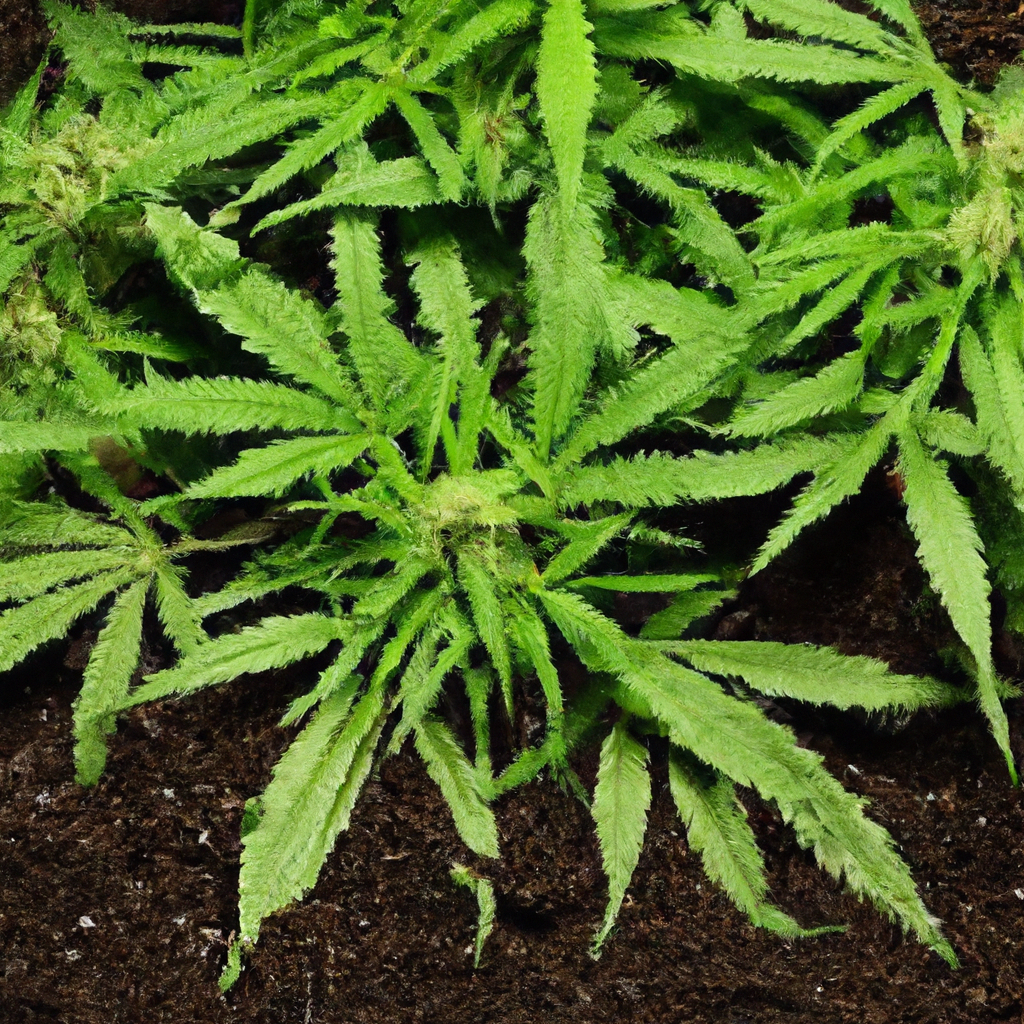
As cannabis cultivation expands globally, many growers are embracing organic methods to produce healthier, more sustainable yields. This guide explores the critical aspects of organic cannabis cultivation, emphasizing soil enrichment and natural fertility. Building a healthy soil ecosystem is essential, incorporating practices like composting, using cover crops, and introducing earthworms and beneficial microbes to enhance…
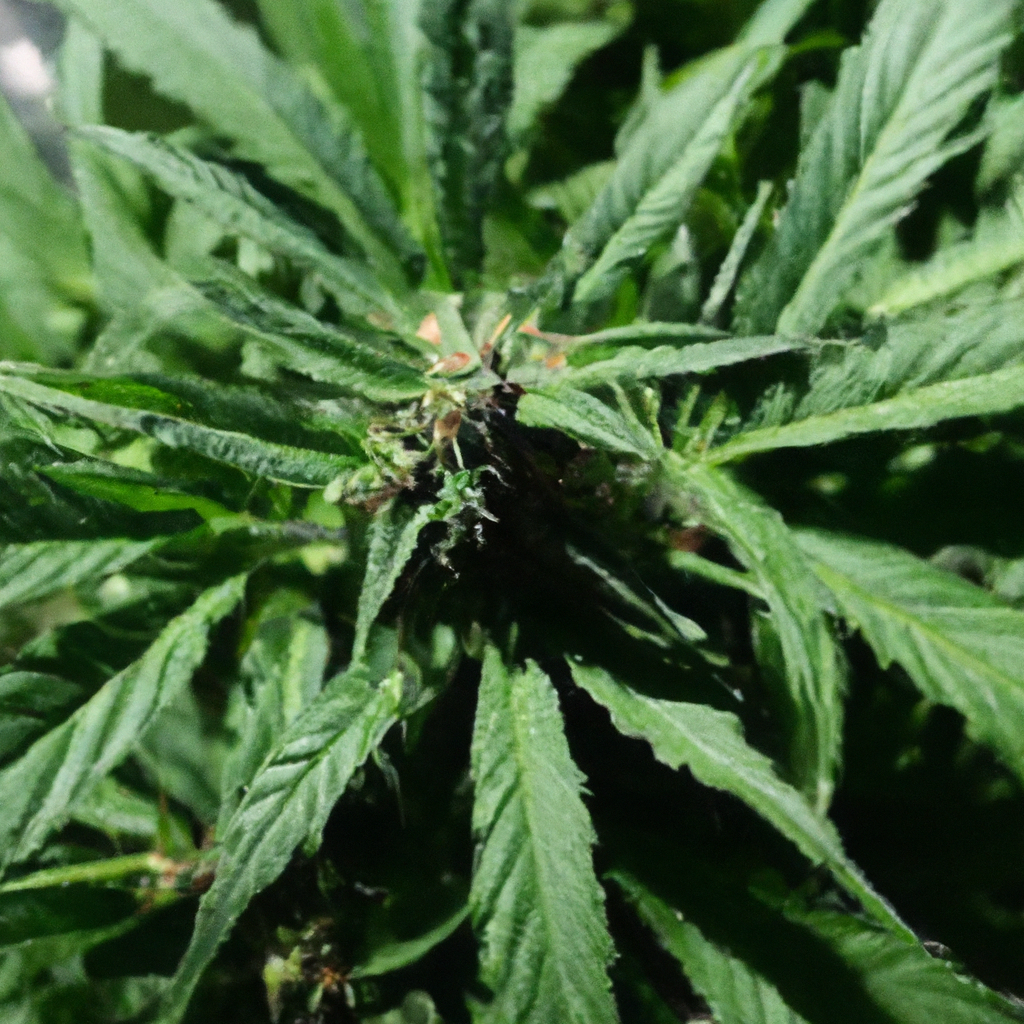
As the cannabis industry grows, the shift towards organically grown cannabis is gaining momentum. Emphasizing natural fertilizers and pest management, organic cultivation benefits both the consumer and the environment. Avoiding synthetic chemicals enhances soil health, improves plant resilience, and reduces environmental impact. Techniques like composting, crop rotation, and companion planting foster a healthy soil ecosystem.…
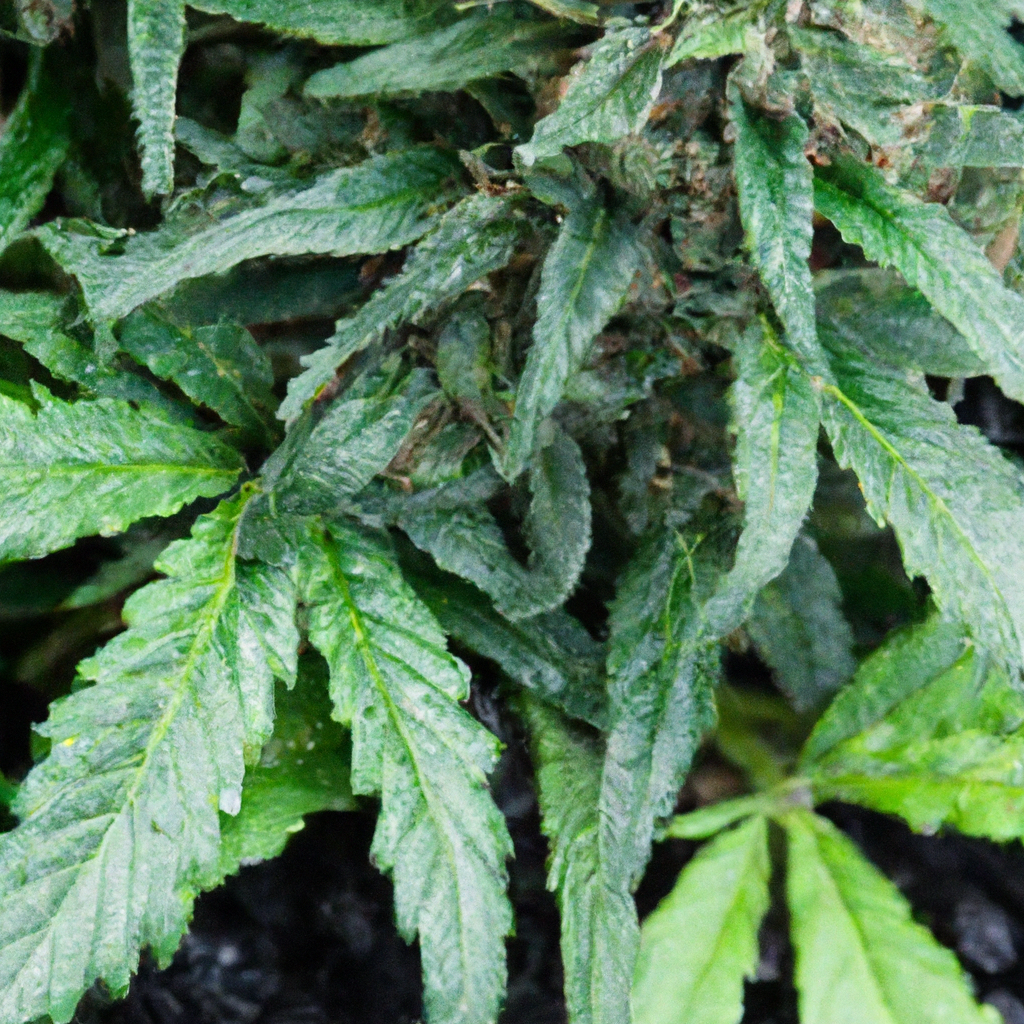
Discover the promising journey of organic cannabis cultivation, a sustainable approach that benefits both the environment and product quality. This article explores key practices such as building a living soil ecosystem with compost and beneficial microbes, utilizing natural fertilizers like worm castings, and employing eco-friendly pest management strategies. Learn how these methods enhance soil fertility,…
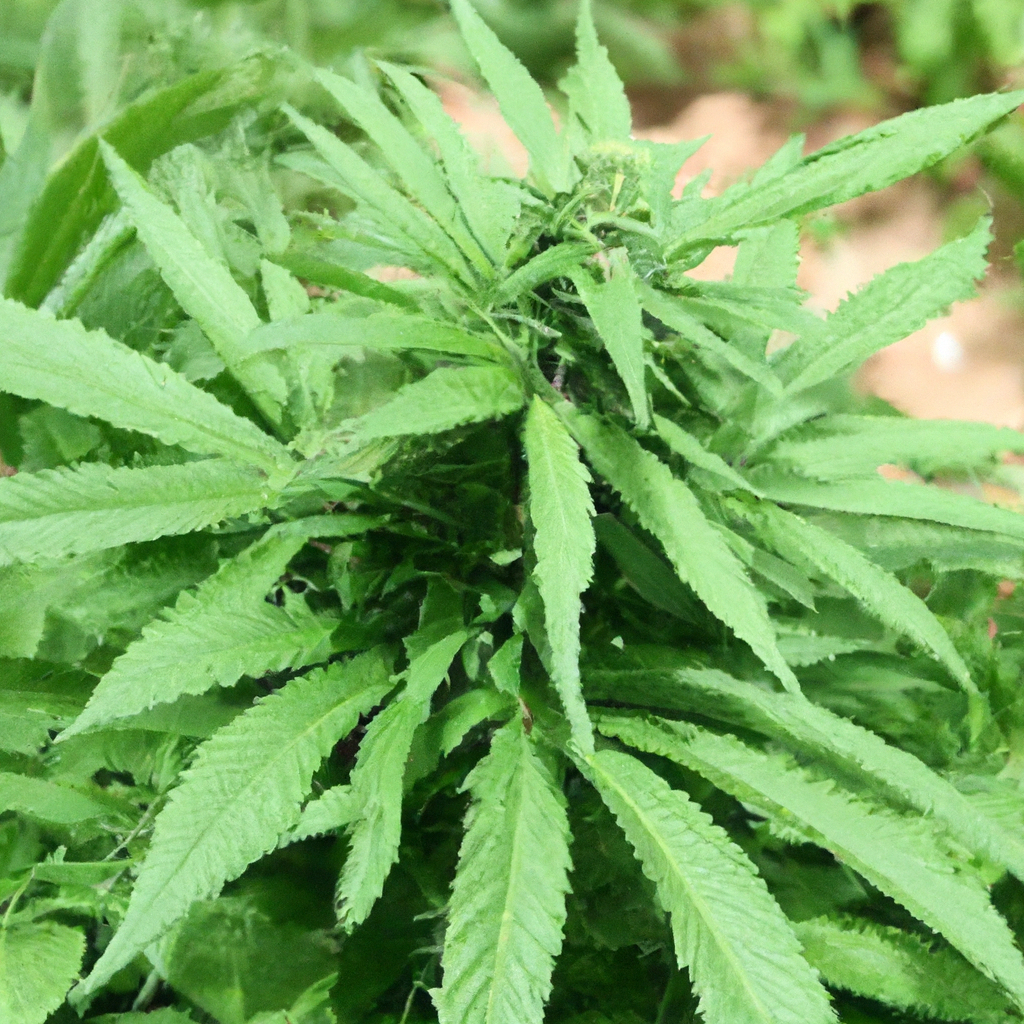
Organic cannabis cultivation emphasizes sustainability and holistic wellness by using natural resources for quality yields. Key practices include building a healthy soil ecosystem through composting and green manure and utilizing natural fertilizers like fish emulsion and bone meal. Eco-friendly pest control methods, such as companion planting and the use of beneficial insects, further reduce chemical…
